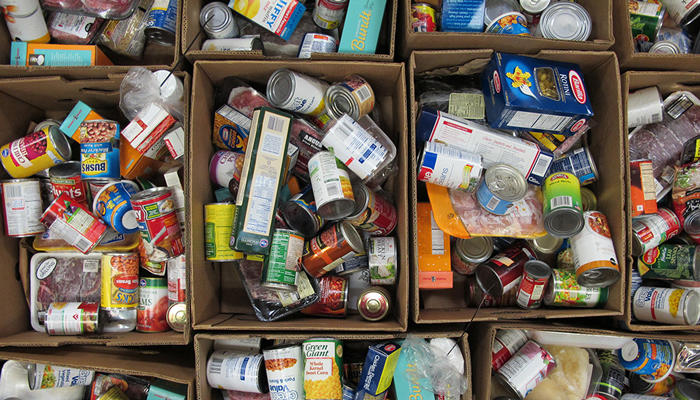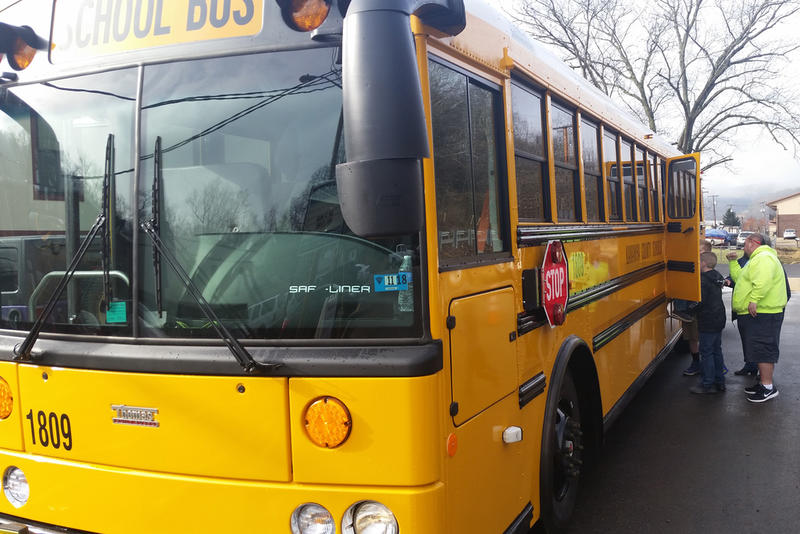The suffering in many households as a result of Covid-19 is devastating in part because of how seldom they've known such hardship, but in areas of historic privation such as Appalachia, which ranges from southern New York to northern Alabama, there is a unique familiarity and a unique need for community-based assistance.

There is nothing new in Appalachia about food, medical supplies and other household necessities either being left on one's porch – the gateway connecting the tight-knit families of the region- to be claimed by those who need it to claim or for it to find it's way to their porch in their time of crisis.
What's new is the even further heightened need both in the region and out of it, so that residents of Appalachia calling out to the rest of the US for help may be answered only by the equally needy. And thankfully, what's new is the super-charging of the front porch network.
School may be out, but its function as a deliverer of meals to the homes of more than half of the children in Appalachian Ohio continues on as bus drivers who get paid per their contract even if they stay home are driving those buses along the established routes bearing both food and a face that students would normally be seeing at the start and finish of each school day, offering both nutrition and a valuable scrap of normalcy.

In Athens County, Ohio food is being delivered to any family that needs it regardless of their prior enrollment status in the program absent any condition, so long as they call and say they need it. If the children are sheltering away from home, their current address need only be referred to the school bus terminal.
The buses bear not just food, but other essentials of life that have never been present in many Appalachian homes as they have in more affluent regions of the country, such as the high speed internet access necessary for students to keep up with their classwork and for their parents to have any hope of working from home. In South Carolina, WiFi-equipped buses circulate through the communities they serve so that residents may connect with them. In Athens County, equipment may be borrowed for use in the home.

And in West Virginia's Kanawha County, teachers too follow the school bus routes to see their students and bring them both more friendly, familiar faces and schoolwork not intended to be either graded or returned in hopes of keeping them caught up for when classes can resume.
Numerous other operations aiming to keep Appalachia fed, often by contactless means, have grown to piggyback on the spirit of the porch network tradition, distributing food independent of the school bus system, from the Southeast Ohio Foodbank to a food pantry partnered with a dozen community stakeholders being run by Anna Joyce Williams, the student body vice president of West Virginia's Marshall University.

And in keeping with the old American tradition of each state being a laboratory of democracy, what emerges from the labs of Appalachia is being applied elsewhere in the US, as far afield as California and Colorado, showing that the path to a better future for Appalachians and all Americans will be paved by many sorts of stones, some of which being the ones we each lay ourselves one at a time.